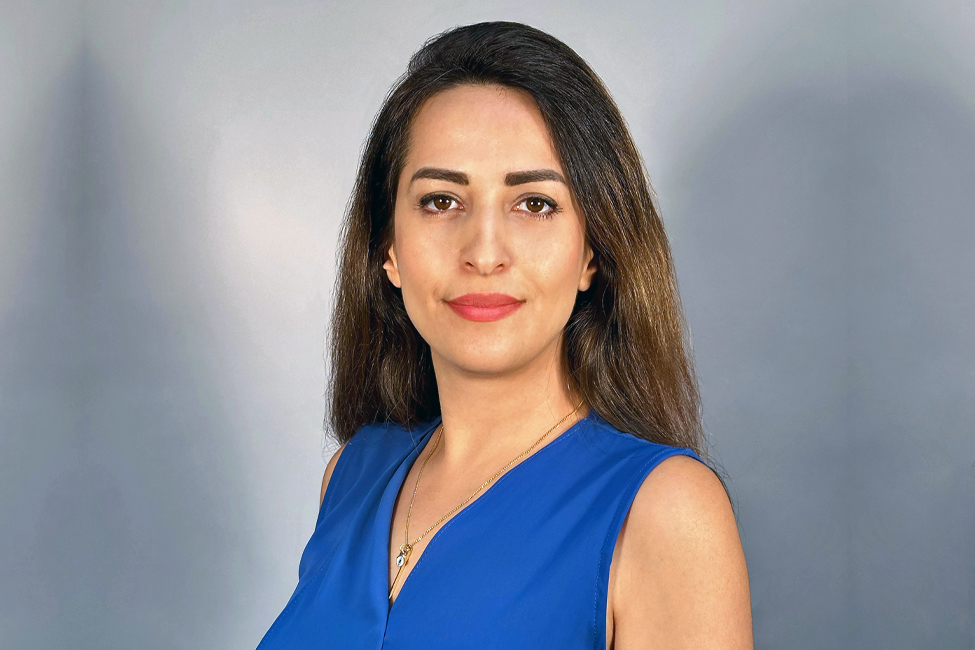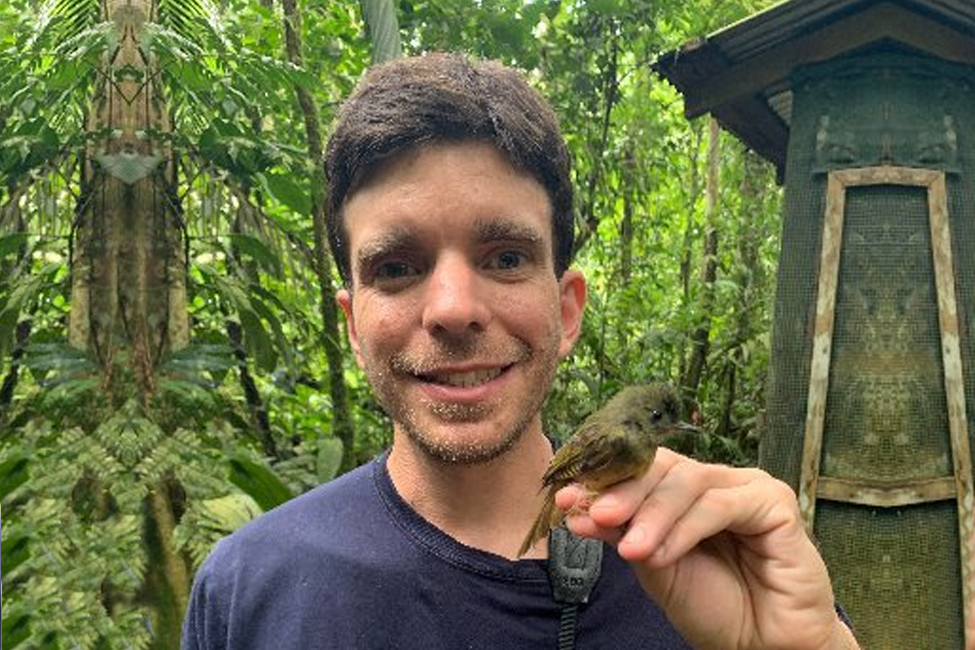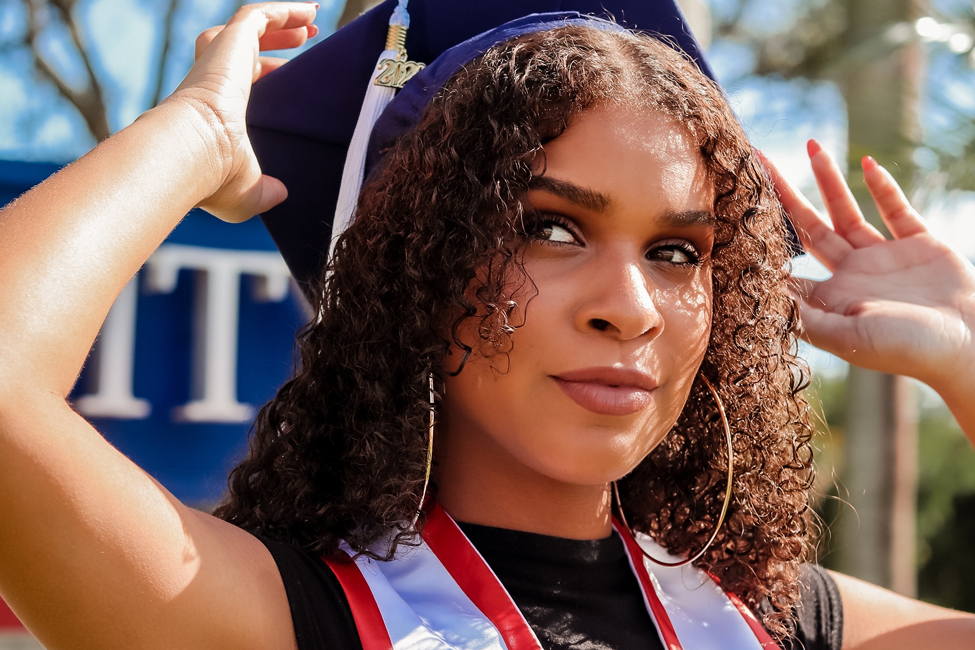Lauren Kircher
Monday, Feb 01, 2021
Lauren Kircher is a doctoral candidate specializing in Integrative Biology, Department of Biological Sciences, at the Charles E. Schmidt College of Science. Working with her advisor Dr. John Baldwin, Kircher’s doctoral research is examining the movement of snook. “I am using data from Florida Fish and Wildlife to research common snook which is a very popular sportfish in Florida. We are using passive acoustic telemetry to examine the movement of snook. I usually explain passive acoustic telemetry as similar to SunPass. Multiple researchers maintain passive acoustic receivers in the water which "listen" for an acoustic signal from an acoustic transmitter tag that is implanted in an organism. These researchers collaborate and share data through organizations like the Florida Atlantic Coastal Telemetry network,” explained Kircher, who expects to earn her doctorate this year.
"When a fish with a tag passes a receiver in the water, the receiver records the date, time, and unique ID code for the fish. I am using this detection data to examine how environmental conditions (rainfall, temperature, salinity, barometric pressure, etc.) affect the movement of common snook in St. Lucie estuary. I am also examining if common snook movement is affected by discharge from Lake Okeechobee. Flow into St. Lucie estuary is largely affected by water coming through canals from Lake Okeechobee which is released by water managers."
Lauren Kircher was born in Rochester, New York and received her bachelor’s in Marine Biology from the University of New Haven in Connecticut before enrolling at FAU. "I knew that I wanted to pursue my Ph.D., but hadn't earned a Master's yet so I was looking into programs that allow you into a doctorate program without a Master's. I did actually end up earning my Master's along the way from FAU since I've been here. I wasn't entirely sure what I wanted to research coming in, but there was a wide variety of research being done in marine biology. There are many types of organisms studied (fish, snails, turtles, sharks, etc.) and the professors here use a cross-discipline approach to examine the bigger picture," Kircher said.
Kircher’s interest in biology was nurtured while spending time at her grandparent’s farm in western New York where she fell in love with nature. "In high school and college, I started incorporating that interest into my courses and started doing research to learn even more about the world around us," she said.
While at FAU, Kircher has been trained on boat operation and her favorite times are anytime she can be on the water, especially driving the boat. "Some days are exciting, like when I helped one of the labs at Harbor Branch sample sharks and rays, but any day on the boat is a good one."
She is also the current president of the student sub-unit of the Florida chapter of the American Fisheries Society, a national scientific professional organization for fisheries research made up of smaller chapters throughout the country.
In five years, Kircher hopes to be working in a state or county government agency still researching fish. She enjoys academia, but wants to be in a position where her research can be more directly applied to management of the environment.
"In the future, I want to work for the US Fish and Wildlife Service, performing research that can influence policy decisions," said Kircher, a newlywed who relaxes by baking and spending time with her husband and cat.


